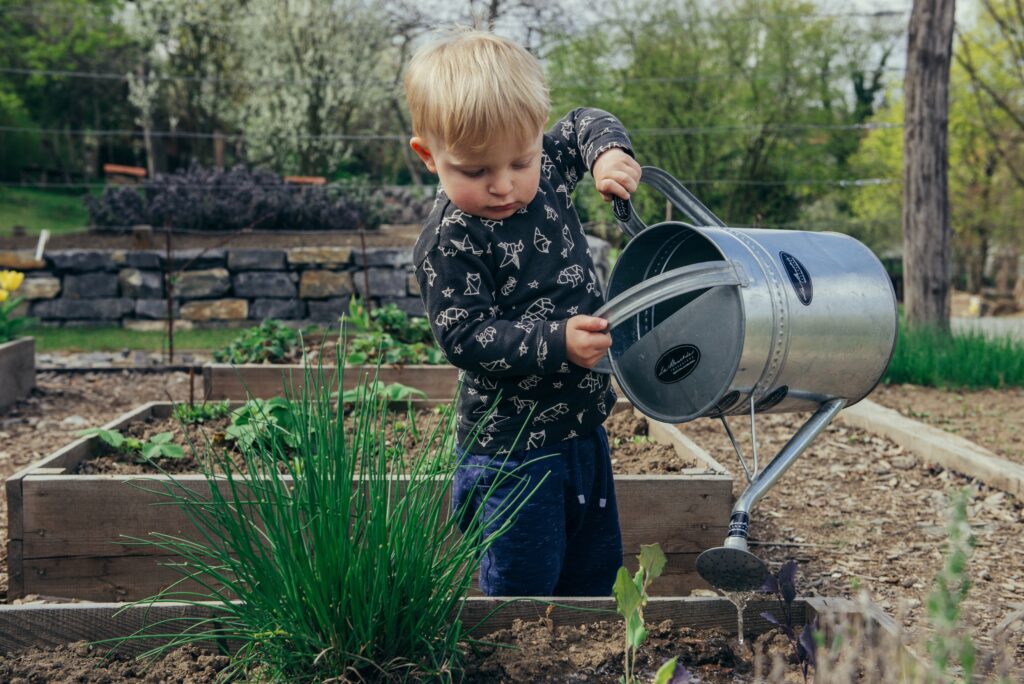So, you messed up.
Maybe you yelled at your friend for spilling fried ground beef all over your kitchen because they accidentally touched the hot pan and reflexively jerked back. Maybe you got into a heated argument at 2am because your bedfellow was not cuddling you well enough. Maybe you blurted out a rude remark about someone’s appearance and only afterward realized that you majorly fucked up.
I’m no stranger to any of those things, and it’s likely you aren’t either. Apologizing is a major part of my life not only because I am a queer millennial and it’s baked into my very cultural core, but also because I’m primarily impulsive from my ADHD. Which means, I do a lot of things in the moment without thinking, and mess up a bunch. Which MEANS, I find myself apologizing quite a bit, and rightfully so, for stepping on other folks’ toes.
The thing is, sometimes a meaningful apology makes more of a difference than the act itself, and can serve to bring you closer to others. Whereas, an insulting or poorly-done apology can serve to create even more hurt feelings and distance in relationships.
Now, how do we fix things?
First off, we are going to avoid the legendary shitty apology of “I’m sorry you feel that way.” Apologizing is about taking accountability and focusing on the apology recipient, not about discharging blame or avoiding ownership or confrontation.

Much like Gary Chapman’s popularly known love languages, there are ways to apologize and express remorse that can be taken better than others, depending on your audience. And as in love languages, the way we tend to apologize may be different from our apologies’ recipient’s manner of receiving them. So let’s break this down.
Expressing Regret
This is the “I’m sorry” part. Acknowledge your wrongdoing, acknowledge their hurt. Keep things focused on your recipient and don’t put the spotlight on you, or belabor your sorrow to make the other person feel bad for you or need to drop a “Don’t worry about it.” Acknowledging you hurt someone makes them feel affirmed and important to you.
This sounds like, “I’m so sorry I forgot to water your plants when you were away. I know how much you love them and I understand I hurt you by doing that.”
Accepting Responsibility
Own up to what you did, rather than creating excuses. Avoid JADE — Justifying, Arguing, Defending, and Explaining. Just acknowledge that you did the thing. No need to make this an argument, being accountable for your own actions and their effects on others is an important part of being an adult human.
This sounds like, “I forgot to water your plants.” Rather than, “You didn’t remind me, you just have so many damn plants, you never should have asked me, I have a busy life.” Who cares! The plants are dead. Your friend is hurt. Turn toward them, not away.
Making Restitution
Here’s an area for action in making it known how you won’t do this again. You can explain and elaborate here, after acknowledging your wrong, how you plan to fix it and not allow it to happen again. You can also discuss a plan for making it right in the moment.
This sounds like, “I know your plants meant a lot to you, what can we do to fix this?” or “I know they can’t replace what you lost, but I want to buy you new plants so you can continue to have such a lovely home.” or “I know I messed up, and I am still open to taking care of your plants in the future, if you’ll have me; I know now I need to have a more set schedule and set alarms in my phone to remind myself, and call you if I have questions or a plant starts looking droopy.”
Genuinely Repenting
Here, you can express your remorse and explain why this happened. Read the room as to if this step is necessary, and remember to keep the JADE down and the focus off of yourself. Indicate that you are willing to do what it takes to fix the problem.
This sounds like, “Again, I’m so sorry about your plants. I know I can’t take it back. I am forgetful, and honestly inexperienced at taking care of plants, and I’ve learned my lesson and will do it better the next time.”
Requesting Forgiveness
Finally, it’s OK to ask for closure. Forgiveness must be asked for, not demanded. It is OK to ask and wait. Be mindful not to put pressure on your recipient.
This sounds like, “I understand it may take some time to handle this loss. Please let me know when you’re ready to talk about it. I would really appreciate your forgiveness when the time comes, but for now I am OK to give you space and do anything else I can to fix the situation.”

The most important advice I learned in apology school is, Focus on the recipient.
Look, when someone fucks up, you kind of don’t want to hear a long paragraph about them — it usually feels better to have the focus be on you, the victim or survivor of their fuckup. It feels good for your feelings to be validated, and for someone else to focus on making it right. Have empathy when you are the one giving an apology too. I understand it may feel important to explain why this happened and how you aren’t The Worst Person on Earth™, however, let your recipient decide that, and represent yourself best as you can with a good apology that speaks for itself and represents your character well.
Mistakes, mess-ups, blunders, and snafus are unavoidable! Rest assured that despite this, apologizing in a meaningful way is extremely helpful in encouraging close relationships and bonds notwithstanding your human tendency for error.
One Reply to “Crafting Worthwhile Apologies”
Comments are closed.